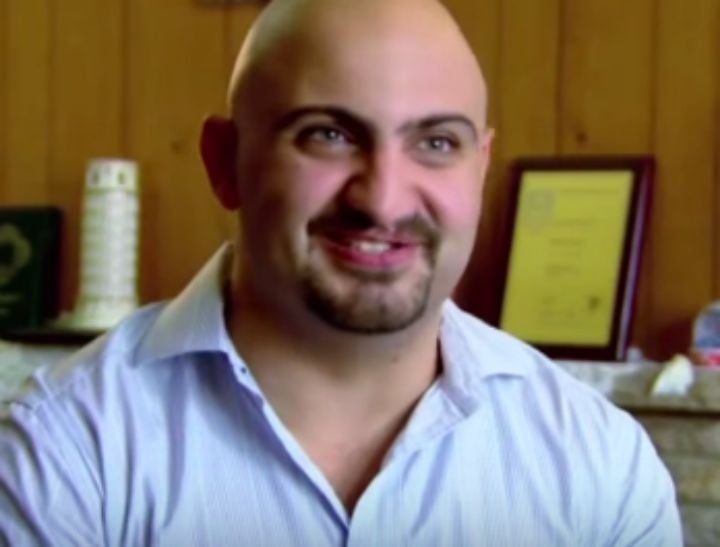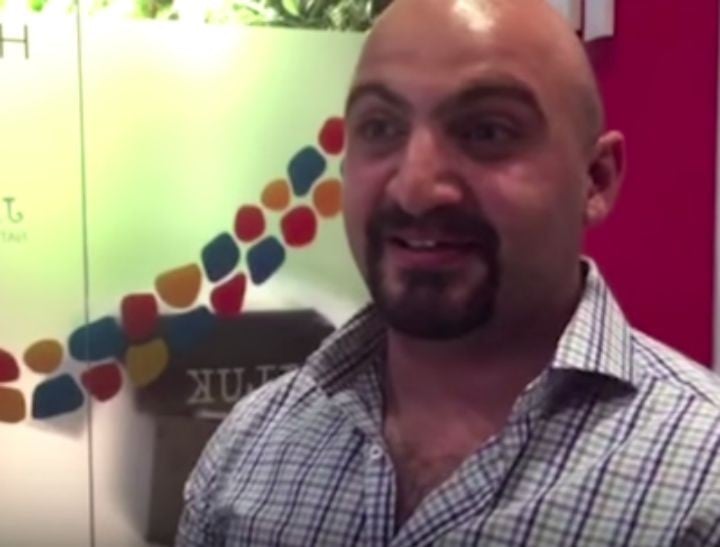
“I don’t know how I ended up here. But I’m glad I did.”
When Michael Ascharsobi arrived in Australia as a teenager, he didn’t speak a word of English. He had only seen – not touched – a computer at his high school in Iran, and had never heard of the internet.
Now, the 30-year-old has a wide network of friends in Sydney and around Australia. He teaches courses at the University of Technology Sydney (UTS), works for digital powerhouse Google, and helps to mentor high school and university students on how to achieve their dreams.
His is a remarkable story of resilience.


Top Comments
Amazing story! Really inspirational :)